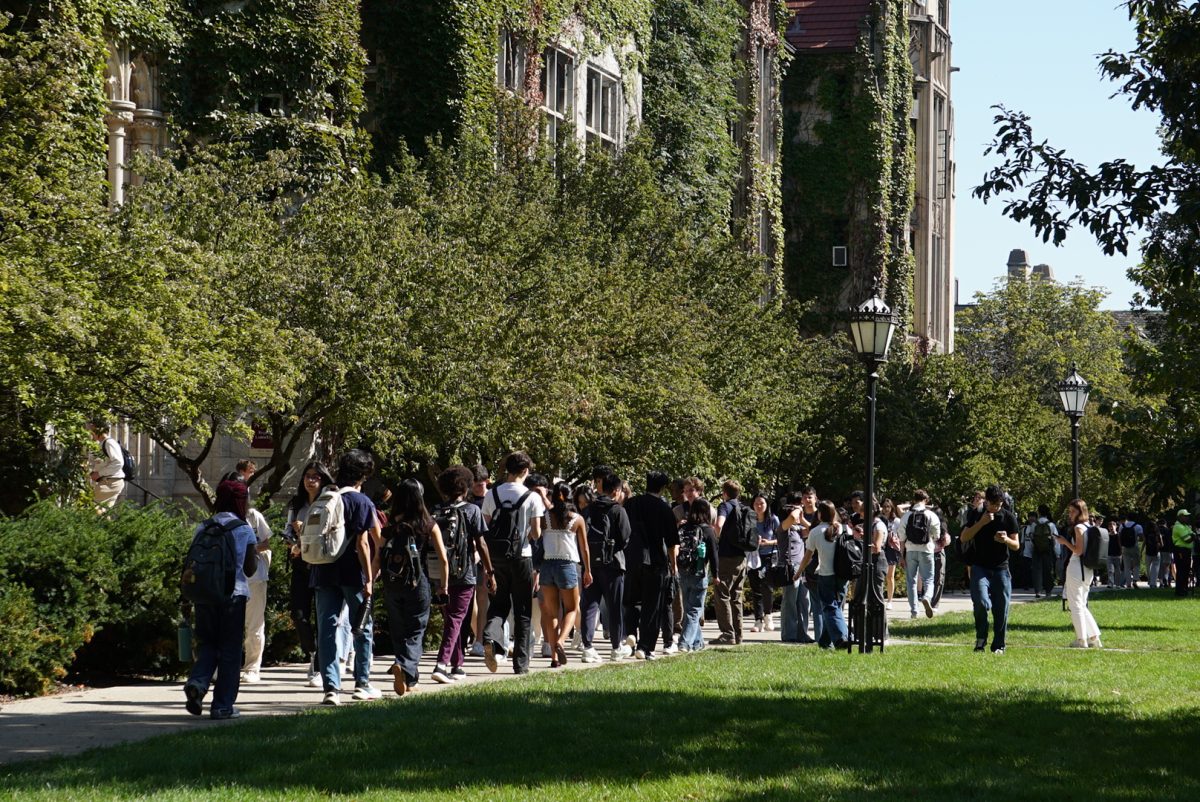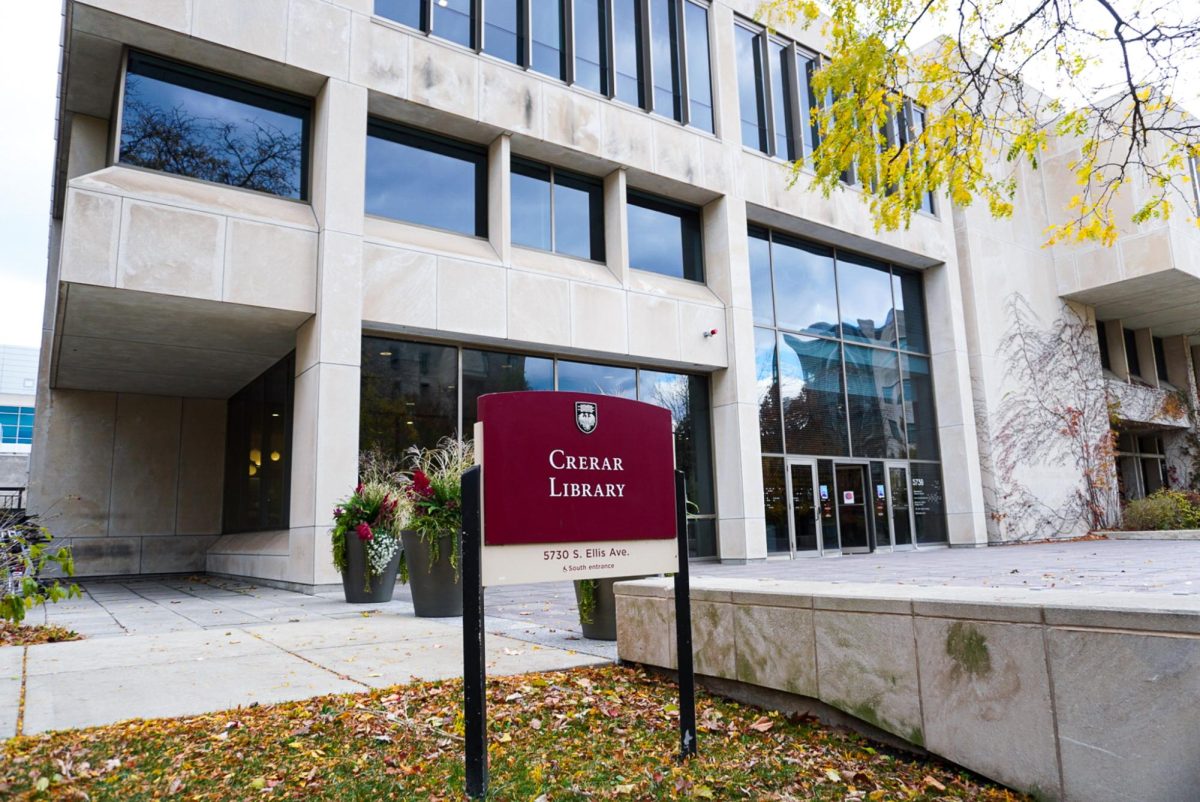Last week, Senator John F. Kerry (D-MA) became the third presidential candidate to reject public financing for the primaries, following in the footsteps of former Governor of Vermont Howard Dean and President George W. Bush.
The departure of Kerry, Dean, and Bush—all of whom also rejected public funding in 2000—highlights the growing need to reform the system of publicly financing primary elections before it becomes insolvent.
Many politicians heralded the McCain-Feingold campaign finance law enacted last year as a cure-all for campaigns, but it did little to address the issue of how presidential elections are publicly funded. Established in the aftermath of Watergate, the public financing system has funded the primary campaigns of 46 Democrats and 29 Republicans. Only two candidates, billionaire publisher Steve Forbes in 1996 and President George W. Bush in 2000, have declined public funds for the primaries.
Under the current law, the federal government will match up to $250 for every contribution if the candidate agrees to cap spending at $44.6 million in the primaries and $74.4 million in the general election. Funds from the federal government are capped at $18.6 million, which is financed entirely by $3 donations from taxpayers’ “check-offs” on their tax returns.
The limits on spending placed on candidates operating under the system makes it obviously incompatible with modern presidential campaigns. In 2000, George W. Bush raised $100 million for the primary alone—more than twice the amount he could have spent using public funds. By the end of next year’s primary season—where he faces no opponent—Bush has pledged to spend between $170 and $200 million, nearly five times the limit placed on candidates using public funds. How could any candidate dream of opposing a candidate as well-financed as Bush or possibly beating back the attacks that such cash would make possible?
To ensure that these post-Watergate reforms remain relevant in the years to come, the system of publicly funding presidential campaigns must be revised in order to make it more appealing to candidates who are capable of raising vast sums from private donors.
Currently, there are three major plans under consideration to overhaul the campaign finance system, each of which offers promise to fix the current system.
One plan, proposed by two FEC commissioners, Democrat Scott E. Thomas and Republican Michael E. Toner, calls for raising the limit of primary season spending to $75 million while retaining the current general election limit. It also raises the maximum amount contributed to a candidate by the government from $18.6 million to $37.5 million and matches the first $500 of each contribution. This would be accomplished by raising the taxpayer check-off from $3 to $5.
A proposal forwarded by the Campaign Finance Institute also calls for raising the primary election limit to $75 million and raising maximum amount contributed to a candidate from the fund to $20 million, which would be accomplished with a $5 taxpayer check-off, just like the bipartisan FEC plan. This system is intended, according to the Institute’s website, “to revive the incentive for politicians to pay attention to [small donors] and for the donors to feel that their participation will make a difference.” This would be accomplished by matching up to $100 of each contribution three-to-one, meaning that a $100 private contribution would be worth four times as much to a candidate after the government matched it.
Finally, the campaign finance think-tank Democracy 21 has proposed its own plan. Under the plan, primary election spending would be limited to $75 million and the current general election spending limit would remain the same. However, candidates under this plan would be required to accept general election funding and the requisite restrictions if they accept primary money. “A candidate should have to opt in or out of the system for the whole election,” the organization wrote in its plan to overhaul the presidential funding system, which is available on their website, www.democracy21.org. Under such a provision, candidates like George W. Bush wouldn’t be able to opt out of the system for the primary and then accept funds for the general election, as he did in 2000 and plans to do in 2004.
Though it is now nearly impossible to implement meaningful reforms that could impact next year’s presidential election, such legislation can be enacted and implemented in time for the 2008 election. With a viable and attractive system of public funding in place, the current retreat from clean campaigns can be stopped, transparency can once again be brought to our elections and the increasing influence of special interest money can be targeted and hopefully eliminated.






